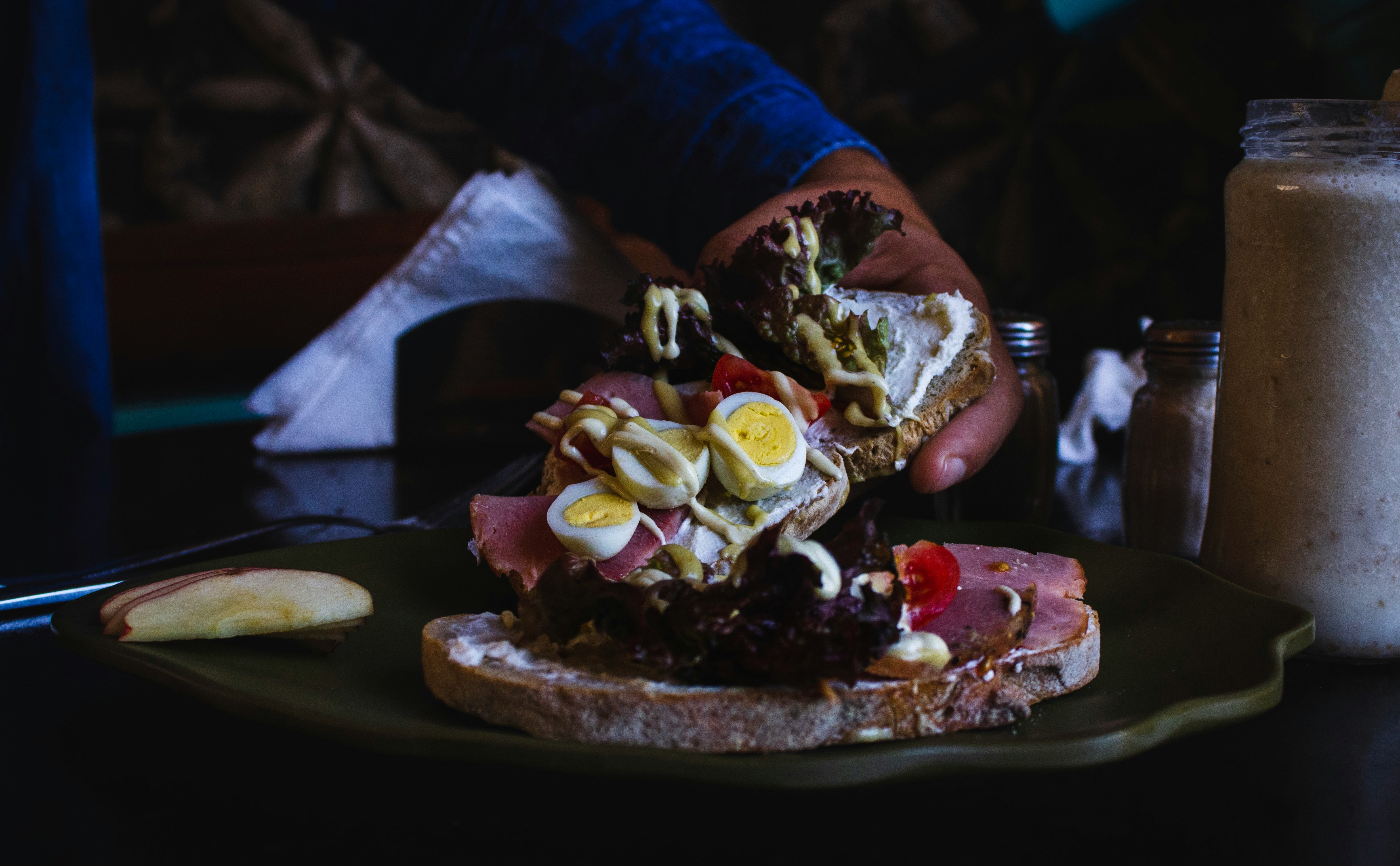

Eating healthy often feels like a luxury reserved for those with deep pockets. The truth is, nourishing your body doesn’t have to come at a high cost. With some smart planning and creativity in the kitchen, you can enjoy wholesome meals without breaking the bank. Whether you’re trying to lose weight, gain energy, or simply feel better overall, making healthier food choices on a budget is not only possible—it’s fun! Dive into this guide packed with practical tips that will help you eat well while keeping your wallet happy. Your journey towards affordable healthy eating starts here!
The Importance of Eating Healthy on a Budget
Eating healthy on a budget is crucial for both your physical and financial well-being. When you choose nutritious foods, you invest in long-term health benefits that can reduce medical expenses down the line.
Many people think they need to spend a lot for quality nutrition. However, eating well doesn’t have to mean high prices. It’s about making informed choices and prioritizing what goes into your meals.
A balanced diet rich in fruits, vegetables, whole grains, and lean proteins boosts energy levels and enhances mood. This means you’re better equipped to tackle daily challenges without resorting to expensive snacks or takeout.
Moreover, maintaining healthy habits can lead to fewer cravings for processed foods that often come with hidden costs—both monetarily and health-wise. Adopting a mindful approach helps cultivate a lifestyle that’s sustainable economically while nourishing your body effectively.
Meal Planning and Prep for Cost-Effective Eating
Meal planning is a game-changer for anyone looking to eat healthy without breaking the bank. Start by setting aside some time each week to outline your meals. This simple step can save you both time and money.
Choose recipes that share ingredients. For instance, if you’re cooking with spinach one night, use it in a smoothie or salad later in the week. This maximizes freshness and minimizes waste.
Batch cooking can also be incredibly efficient. Prepare larger portions of grains or proteins on Sunday, then mix and match them throughout the week. You’ll have quick options ready when hunger strikes.
Don’t forget about seasonal produce! It’s often cheaper and tastes better when it’s fresh from local farms or markets. With thoughtful meal prep, eating well doesn’t need to feel like a luxury—it can be part of everyday life.
Incorporating More Whole Foods into Your Diet
Whole foods are the foundation of a nutritious diet. They’re unprocessed and free from artificial additives, making them an excellent choice for health-conscious eaters.
Start by filling your pantry with staples like brown rice, quinoa, lentils, and oats. These items are not only affordable but also versatile and packed with nutrients.
Fruits and vegetables should be at the forefront of your shopping list. Seasonal produce often costs less and is fresher. Consider visiting local farmers’ markets or joining a community-supported agriculture (CSA) program to save money while supporting local growers.
Nuts, seeds, and legumes offer healthy fats and protein without breaking the bank. Incorporating these into meals adds texture while keeping you full longer.
Making small adjustments can lead to significant benefits over time. Swapping processed snacks for whole food options will nourish your body in ways that packaged goods can’t match.
Making the Most of Leftovers and Reducing Food Waste
Leftovers are often seen as an afterthought, but they can be a treasure trove for creativity in the kitchen. Instead of viewing them as just yesterday’s meal, think about how you can transform them into something new and exciting.
For instance, roasted vegetables from dinner can become a vibrant salad or a hearty soup. Stale bread? It’s perfect for croutons or breadcrumbs that add flavor to future dishes.
Storing leftovers properly is key. Use clear containers so you can see what you have at a glance. Labeling with dates helps ensure nothing gets lost in the back of your fridge.
Reducing food waste isn’t only about saving money; it also contributes to sustainability efforts. By being resourceful with leftovers, you’re doing your part to protect the environment while nourishing yourself creatively and affordably.
The Long-Term Benefits of Maintaining a Healthy Diet on a Budget
Eating healthy on a budget isn’t just about saving money today. It can lead to significant long-term benefits for your body and mind.
When you prioritize nutritious foods, you’re investing in your future health. A balanced diet reduces the risk of chronic diseases like diabetes, heart disease, and obesity. These conditions often come with high medical costs that could strain any budget.
Maintaining healthy eating habits also boosts energy levels and enhances mental clarity. You’ll find yourself more productive at work or school. Plus, nourishing meals promote better sleep and mood stability.
The financial savings from fewer doctor visits and medications can be substantial over time. By choosing whole foods instead of processed ones, you cultivate lifelong habits that benefit both your wallet and well-being.
Embracing affordable nutrition creates a ripple effect throughout life—improving not just physical health but overall quality of living as well.
Conclusion
Eating healthy doesn’t have to strain your wallet. With a little planning and creativity, you can nourish your body while keeping expenses low. Embracing meal prep, whole foods, and smart shopping habits will make a significant difference in both your diet and budget.
By incorporating these strategies into your routine, you’ll not only improve your health but also develop sustainable habits that last. Remember, every small step counts towards building a healthier lifestyle. Your body—and wallet—will thank you for it!
